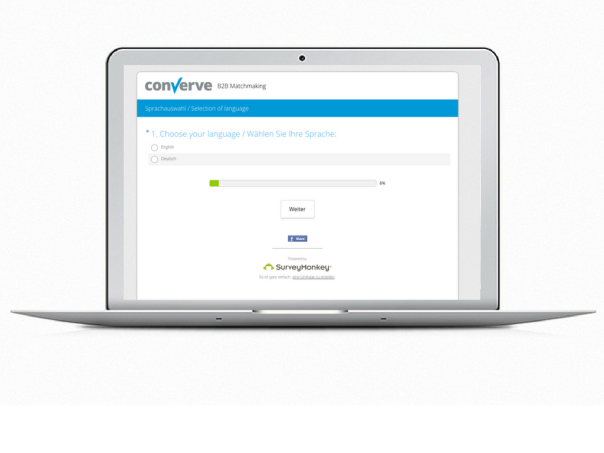…or has it become a waste of time and resources?
 (pic: Flickr, by Rosa Say)
(pic: Flickr, by Rosa Say)
Having worked in the media industry from 2004 until 2012, I have experienced that the prevalent topic at any of those media conferences is: the decline of print media, along with the need for publishers to cut costs, which they do in editorial staff, which again leads to less circulation.
A vicious cycle…
But, first of all, what do I mean by “classic event PR work“? Well, sure you can argue what “classic” might mean in that context, but let me put it like this: All PR activities by event organizers aimed at placing your messages in traditional media outlets. Daily press, trade press, radio, television and of course the online portals of those media players.
Hoping for your messages to be featured and then (positively) received by your target groups, with the jounalists in their traditional roles as gate keepers for information and curators of what the readers may be interested in.
Quality jounalism of the old days, as we (used to) know it.
Typical activities would be
- press releases sent out to a press distribution list
- interview placement and jounalist relations
- provision of electronic press kits (EPK, usually raw material) for downloading
- press conferences
Online PR in my book would primarily be bypassing the traditional channels, spreading and seeding your word about your event and its content on social channels like Youtube, FB, Twitter, your own blog, via blogger relations, fora and “earned” media.
Now, the simple answer to this blog’s question is: You have to do both!
However, since I assume most of my readers will not avail themselves of unlimited resources in their PR departments, what is the ideal balance between traditional and what I call online PR?
Some aspects that speak for classic PR
- credibility is still very high with traditional media. This may differ, though, depending on your industry. The influence of fashion bloggers has been skyrocketing, and it wouldn’t be very clever to neglect them. In other industries, though, trade press is still in the lead. You’ll have a tough time establishing your conference or trade show without media support.
- an article in one of the national newspapers still amazes people. Funny that even onliners get a sparkle in their eyes when they see themselves in print, right?
- TV is great for cool products, like shiny new tv sets, mobile phones, cars of course
- Exhibitors expect a comprehensive and professional media and PR plan when you market your trade show.
Aspects in favour of online PR are
- You keep better control of your messages and the environment in which they appear (e.g. your blog design, which groups and fora you choose to seed your content)
- You can measure the impact directly by all kinds of KPIs – usually, you don’t have that with traditional (mass) media
- You get direct feedback from your core audience
- the pendulum will move towards this kind of conversation anyway, so the earlier you start comforting yourself with this environment, the better it is
Paul Steiger, founder of Pro Publica and previous editor-in-chief of the Wall Street Journal said in a recent article in the German news mag DER SPIEGEL: “The internet has destroyed the old business model, even though it is still alive“.
What is your opinion on this? Should event, conference and trade show marketers focus more on online PR and social media rather than “good old” journalist relations? Look forward to your comments and discussions!







 Of course, it depends on the industry you are servicing with your events, but this just determines the amount of social media activities you should be doing, or the resources you should invest – it does not affect the general necessity to become active on social networks.
Of course, it depends on the industry you are servicing with your events, but this just determines the amount of social media activities you should be doing, or the resources you should invest – it does not affect the general necessity to become active on social networks. moderate a session? Even if you are reluctant to start a big social media campaign in a pro-active way, monitoring social media and listening to your audience is a good way to start.
moderate a session? Even if you are reluctant to start a big social media campaign in a pro-active way, monitoring social media and listening to your audience is a good way to start.


